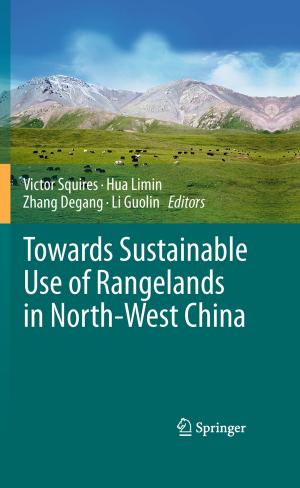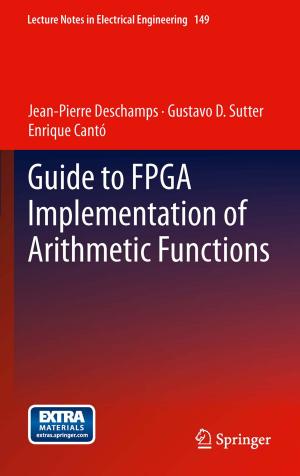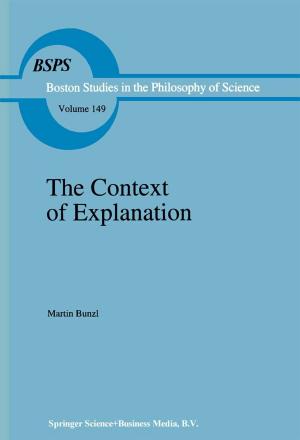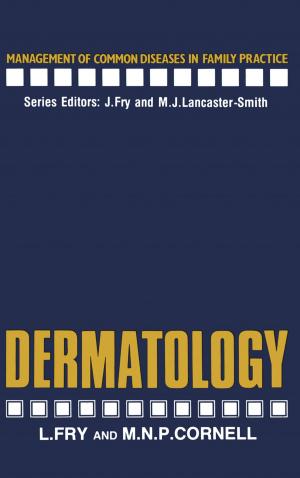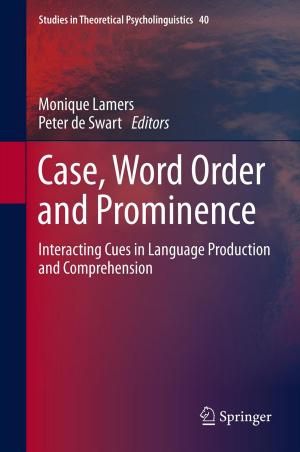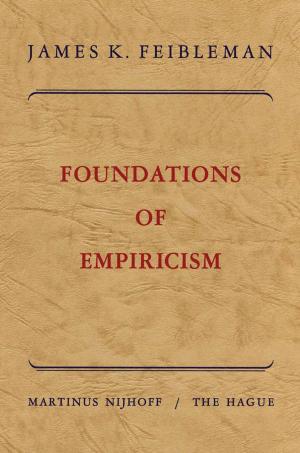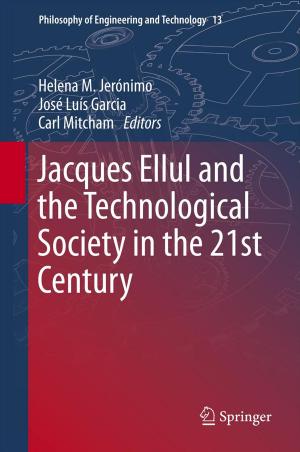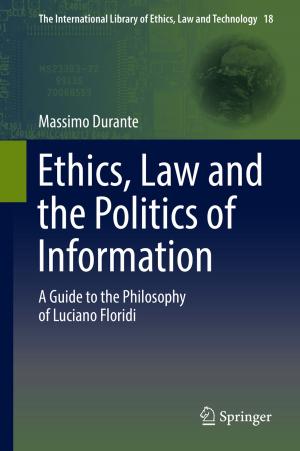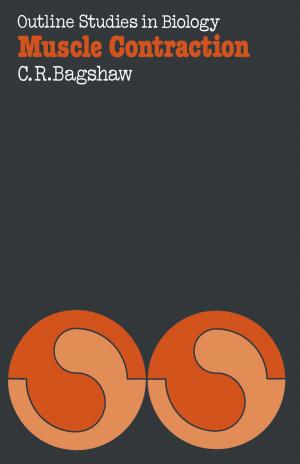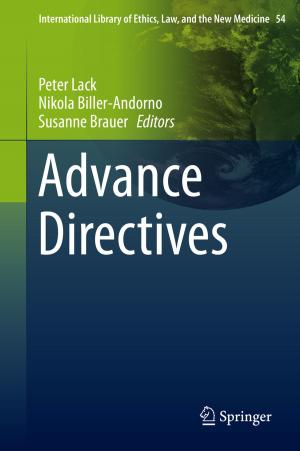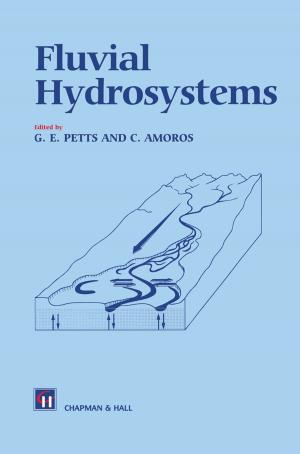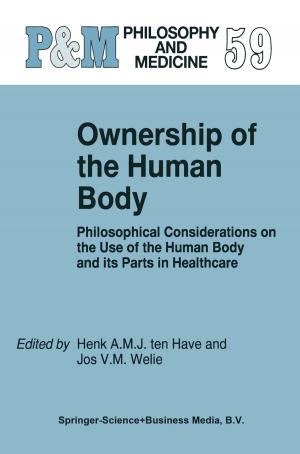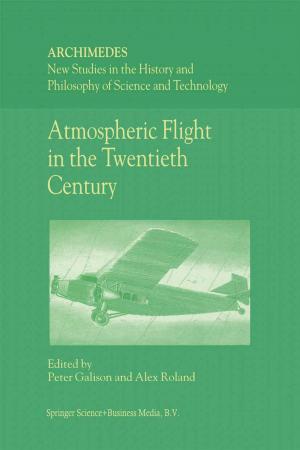Assessment in Science
A Guide to Professional Development and Classroom Practice
Nonfiction, Reference & Language, Education & Teaching, Educational Theory, Evaluation, Science & Nature, Science, Other Sciences, Study & Teaching| Author: | ISBN: | 9789401008020 | |
| Publisher: | Springer Netherlands | Publication: | June 27, 2011 |
| Imprint: | Springer | Language: | English |
| Author: | |
| ISBN: | 9789401008020 |
| Publisher: | Springer Netherlands |
| Publication: | June 27, 2011 |
| Imprint: | Springer |
| Language: | English |
Assessment in Science combines professional development and classroom practice in a single volume. The pragmatic nature of the book makes it a valuable resource for administrators and staff developers interested in designing professional development programs, and for science teachers looking for techniques and examples of classroom-based assessments. Unique features of Assessment in Science include: 1) practical strategies and tools for implementing successful professional development programs in science assessment, 2) teacher stories and case studies about classroom-based assessment practice and how these teachers changed their assessment practice, 3) examples of classroom-based assessments and scoring guides, 4) samples of student work with teacher commentary, and 5) examples of how the national reform documents in science education served as tools in professional development programs and in designing classroom-based assessments.
Assessment in Science expands the existing literature on science assessment by sharing a model for professional development, and examples of teacher-developed assessments with accompanying student work and teacher commentary. Chapters written by science teachers tell how they assess students and how they have changed their assessment practice, as well as how changing assessment practice has resulted in a change in their science instruction.
Assessment in Science is targeted at practising professionals in science education: administrators, staff developers, science teachers, and university science educators. Assessment in Science has applicability to graduate-level courses in science education and in-service courses for science teachers. The teacher chapters are also appropriate for use in undergraduate science methods courses to illustrate classroom-based assessments.
Assessment in Science combines professional development and classroom practice in a single volume. The pragmatic nature of the book makes it a valuable resource for administrators and staff developers interested in designing professional development programs, and for science teachers looking for techniques and examples of classroom-based assessments. Unique features of Assessment in Science include: 1) practical strategies and tools for implementing successful professional development programs in science assessment, 2) teacher stories and case studies about classroom-based assessment practice and how these teachers changed their assessment practice, 3) examples of classroom-based assessments and scoring guides, 4) samples of student work with teacher commentary, and 5) examples of how the national reform documents in science education served as tools in professional development programs and in designing classroom-based assessments.
Assessment in Science expands the existing literature on science assessment by sharing a model for professional development, and examples of teacher-developed assessments with accompanying student work and teacher commentary. Chapters written by science teachers tell how they assess students and how they have changed their assessment practice, as well as how changing assessment practice has resulted in a change in their science instruction.
Assessment in Science is targeted at practising professionals in science education: administrators, staff developers, science teachers, and university science educators. Assessment in Science has applicability to graduate-level courses in science education and in-service courses for science teachers. The teacher chapters are also appropriate for use in undergraduate science methods courses to illustrate classroom-based assessments.

